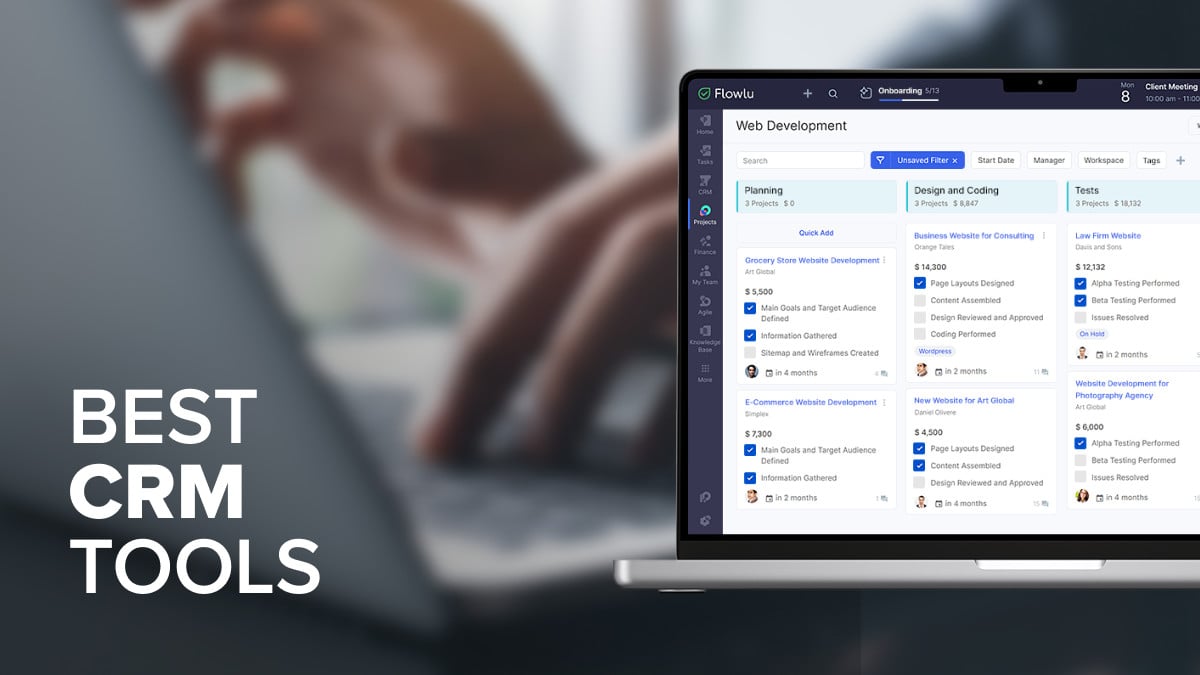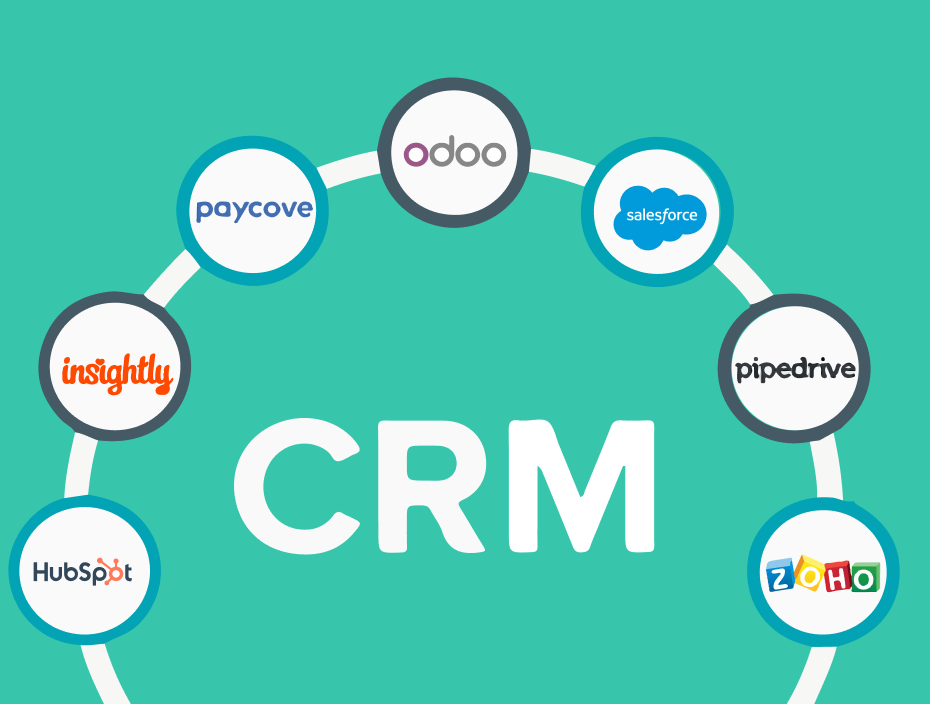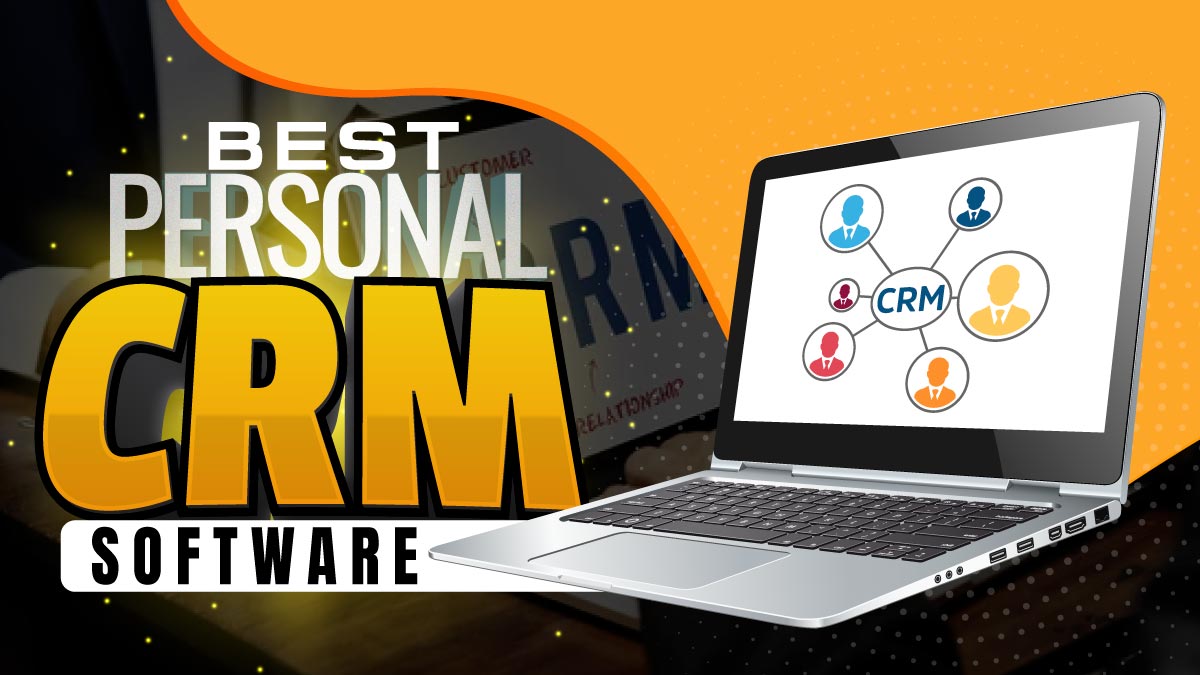CRM Tools for Personal Lifestyle Brand Management: A Comprehensive Guide

Embark on a journey into the realm of CRM tools for personal lifestyle brand management, where innovation and strategy converge to create a seamless brand experience. As we delve deeper, discover the power of leveraging CRM tools to elevate your brand presence and foster lasting relationships with your audience.
Uncover the essence of effective brand management through the lens of CRM tools, exploring the myriad possibilities that await in this dynamic landscape.
Overview of CRM Tools for Personal Lifestyle Brand Management
CRM (Customer Relationship Management) tools play a crucial role in managing a personal lifestyle brand by helping individuals effectively connect with their audience, build relationships, and enhance brand loyalty. These tools enable seamless organization of customer data, communication, and marketing efforts, ultimately leading to a more personalized and engaging brand experience.
Key Features of CRM Tools for Personal Brand Management
- Centralized Customer Data Storage: CRM tools allow users to store all customer information in one place, making it easily accessible and facilitating personalized interactions.
- Automated Marketing Campaigns: Users can create and automate marketing campaigns based on customer behavior and preferences, ensuring targeted and effective communication.
- Task and Schedule Management: CRM tools help users stay organized by scheduling tasks, appointments, and follow-ups, ensuring timely engagement with customers.
- Analytics and Reporting: Users can track the performance of their marketing efforts, customer interactions, and sales data through detailed analytics and reporting features.
Popular CRM Tools for Personal Lifestyle Brand Management
Some popular CRM tools used for personal lifestyle brand management include:
- HubSpot CRM: Known for its user-friendly interface and robust features, HubSpot CRM offers tools for contact management, email marketing, and analytics.
- Zoho CRM: Zoho CRM provides a comprehensive suite of tools for managing customer relationships, including lead management, sales automation, and social media integration.
- Salesforce: A widely used CRM platform, Salesforce offers customizable solutions for personalizing customer interactions, managing sales pipelines, and analyzing data.
Utilizing CRM Tools for Customer Relationship Management

CRM tools play a crucial role in building and maintaining relationships with customers by providing businesses with valuable insights into customer preferences, behavior, and interactions. These tools help businesses personalize their interactions with customers, leading to enhanced customer engagement and loyalty.
Understanding Customer Preferences and Behavior
- CRM tools collect and analyze customer data, such as purchase history, browsing behavior, and feedback, to understand preferences and buying patterns.
- By identifying trends and patterns in customer behavior, businesses can tailor their products, services, and marketing strategies to meet customer needs effectively.
- Understanding customer preferences allows businesses to anticipate customer needs, offer personalized recommendations, and provide a more tailored customer experience.
Personalizing Interactions to Enhance Customer Engagement
- CRM tools enable businesses to segment customers based on their preferences, demographics, and behavior, allowing for more targeted and personalized communication.
- Personalized interactions, such as personalized emails, offers, and recommendations, create a more personalized experience for customers, increasing engagement and brand loyalty.
- By tracking customer interactions across various channels, CRM tools help businesses deliver consistent and personalized experiences, regardless of the touchpoint.
Organizing and Segmenting Data with CRM Tools
Effective organization and segmentation of customer data are crucial aspects of utilizing CRM tools for personal lifestyle brand management. By structuring data efficiently, businesses can gain valuable insights into customer behavior and preferences, leading to more targeted marketing strategies and improved customer relationships.
Segmentation Features in CRM Tools
Segmentation features in CRM tools allow businesses to categorize customers based on various criteria such as demographics, purchase history, and preferences. This segmentation helps in targeting specific customer groups with personalized marketing campaigns, ultimately leading to higher engagement and conversion rates.
- Example: A fitness brand can use CRM tools to segment customers based on their fitness goals, workout preferences, and dietary restrictions. This allows the brand to tailor workout plans, nutrition guides, and product recommendations to meet the specific needs of each customer segment.
- Example: A fashion brand can segment customers based on their style preferences, shopping habits, and past purchases. By targeting each segment with personalized promotions and product recommendations, the brand can enhance the overall shopping experience and increase customer loyalty.
Benefits of Segmenting Data for Personalized Marketing
Segmenting data with CRM tools enables businesses to create personalized marketing strategies that resonate with different customer segments. By delivering targeted messages and offers to specific groups, brands can increase customer engagement, drive sales, and build long-lasting relationships with their audience.
- Personalized Communication: Segmented data allows businesses to send relevant content and offers to each customer segment, leading to higher open rates and conversions.
- Improved Customer Experience: Tailoring marketing strategies to specific customer groups enhances the overall shopping experience, increasing customer satisfaction and loyalty.
- Optimized Marketing Spend: Targeted campaigns result in higher ROI as businesses invest resources in reaching the most receptive audience segments.
Automation and Efficiency in Personal Brand Management

Automation plays a crucial role in personal brand management, especially when utilizing CRM tools. By automating tasks such as email marketing, lead management, and follow-ups, individuals can streamline their processes and improve overall efficiency. This not only saves time but also allows for a more focused approach towards brand development.
Impact of Automation on Streamlining Processes
Automation through CRM tools significantly streamlines processes by removing the need for manual intervention in repetitive tasks. This leads to faster execution of marketing campaigns, efficient lead nurturing, and timely follow-ups with customers. As a result, individuals can handle a larger volume of tasks effectively, ultimately improving productivity and reducing the margin for error.
Efficiency in Brand Development
With automation handling routine tasks, individuals have more time to dedicate towards brand development strategies. Whether it's creating compelling content, engaging with customers on social media, or analyzing data for future campaigns, the extra time gained from automation can be utilized effectively to enhance the overall brand presence.
This focused approach not only improves efficiency but also allows for more strategic decision-making in personal brand management.
Integrating CRM Tools with Social Media Platforms
Integrating CRM tools with social media platforms can significantly enhance brand management strategies by providing valuable insights into customer interactions and behaviors online.
Advantages of Integrating CRM Tools with Social Media
- Improved customer engagement: By integrating CRM tools with social media, brands can engage with customers in real-time, respond to queries or comments promptly, and build stronger relationships.
- Personalized marketing campaigns: CRM tools can track social media interactions to gather data on customer preferences, allowing brands to create targeted and personalized marketing campaigns.
- Enhanced customer service: Brands can use CRM tools to monitor social media mentions and feedback, addressing any issues or concerns raised by customers efficiently.
Examples of Tracking and Analyzing Social Media Interactions
CRM tools offer features to track and analyze social media interactions, such as:
- Monitoring brand mentions and hashtags across different social media platforms.
- Tracking engagement metrics like likes, shares, comments, and retweets to measure the effectiveness of social media campaigns.
- Analyzing sentiment analysis to understand how customers perceive the brand online.
Role of CRM Tools in Leveraging Social Media Data for Marketing Campaigns
CRM tools play a crucial role in leveraging social media data for targeted marketing campaigns by:
- Segmenting customers based on their social media interactions and preferences to create personalized marketing messages.
- Integrating social media data with CRM profiles to provide a comprehensive view of customer behavior and engagement.
- Utilizing social media analytics to identify trends, influencers, and opportunities for brand promotion.
Last Point

In conclusion, navigating the realm of personal lifestyle brand management with CRM tools opens up a world of opportunities for growth and engagement. By harnessing the potential of these tools, you can steer your brand towards success and establish a strong foothold in the competitive market.
Common Queries
How do CRM tools benefit personal lifestyle brand management?
CRM tools streamline customer interactions, enhance engagement, and provide valuable insights for effective brand positioning.
Can CRM tools help in automating marketing tasks?
Yes, CRM tools automate tasks like email marketing, lead management, and customer follow-ups, improving efficiency and productivity.
What role do CRM tools play in understanding customer preferences?
CRM tools analyze customer data to identify preferences, enabling personalized interactions that strengthen customer relationships.
How can CRM tools integrate with social media platforms?
CRM tools enable tracking and analyzing social media interactions, leveraging data for targeted marketing campaigns and brand visibility.

